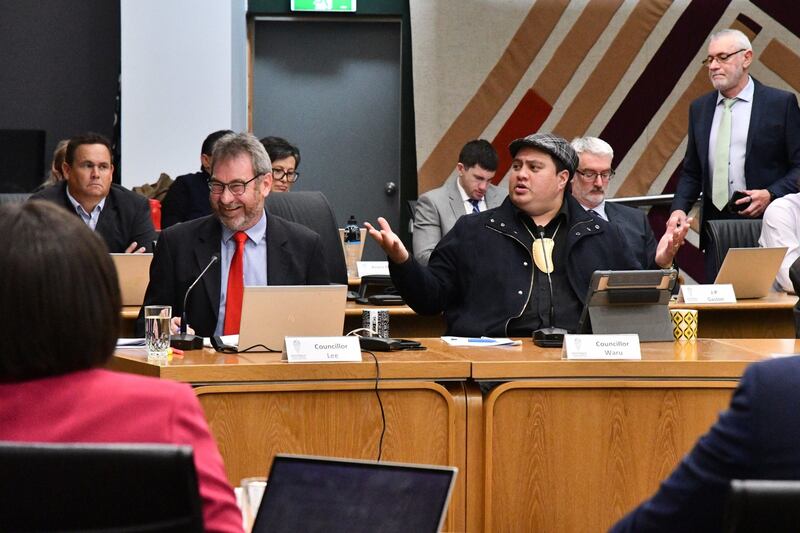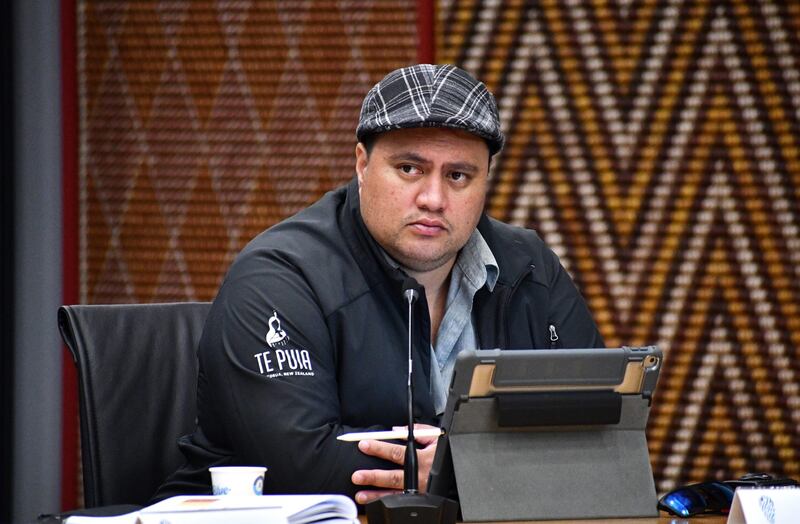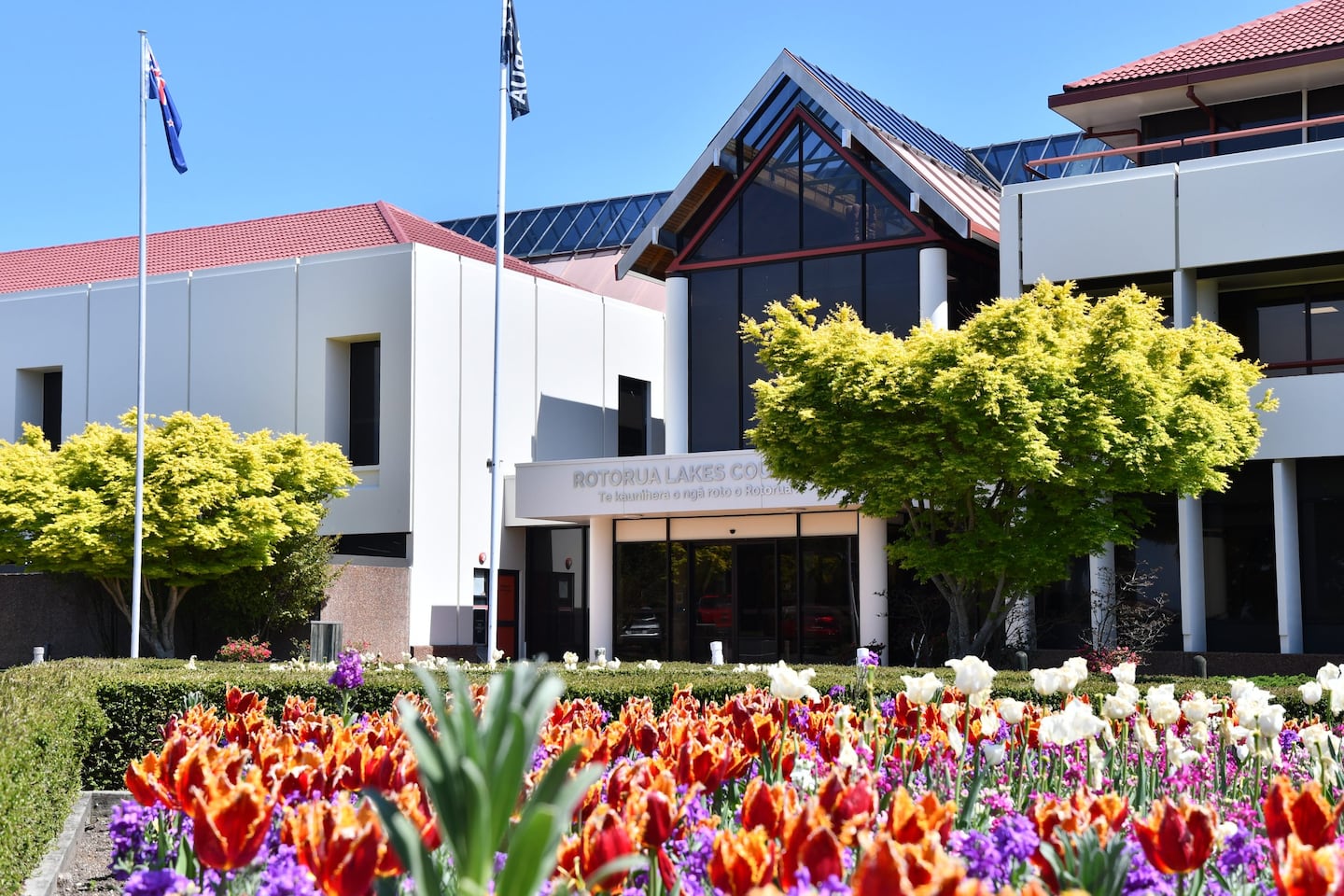Rotorua iwi will regain a seat at the council table this year – but without voting powers.
The decision has “thrilled” one iwi leader, who hopes it will help Te Arawa’s vision for the next quarter-centuary be realised.
The inaugural meeting of the Te Arawa 2050 Vision Committee is scheduled to be held on February 18 in the Rotorua Lakes Council chambers, and would be open to the public, the council confirmed.
Councillors voted to establish the new committee in their final meeting of last year. The committee would be able to make recommendations to the full council, which would make the final decisions.
Its members will be the mayor, all councillors, the Te Tatau o Te Arawa chairperson and four board members, meeting at least four times a year.
Te Tatau o Te Arawa is a partnership agreement between Te Arawa iwi and the council formed in 2015 after a consultation process.
The new committee came out of a review of the Te Tatau partnership initiated in 2023, which found Te Tatau involvement in council decisions had fallen after a committee restructure in 2022.
Elected members heard in September the committee would enable direct Te Arawa input into council policies, planning and decision-making on matters relevant to the delivery and implementation of the Te Arawa 2050 vision.
The vision sets out the iwi’s goals and strategy, including “co-designing, co-developing and co-delivering policy and decision-making at local and central government as a matter of course and to ensure continued alignment with the Te Arawa vision”.

Review independent facilitator Leo Watson’s report said Te Tatau wanted the new committee to be able to make decisions, but council members were concerned that could have “significant implications in the community” and create problems if there were overlaps with other council committees.
The Te Tatau partnership was formed to enable Te Arawa participations in council decisions after Environment Court criticism of the council’s engagement with mana whenua.
The review concluded a council committee restructure had since “resulted in the significant absence of Te Tatau from [the] council decision-making fora”.
Te Arawa partnerships manuhautū Paul Warbrick told councillors in the December 11 meeting the district has more than 31 iwi settlements.
“I don’t know any other councils that have that volume.”
Warbrick said iwi and hapū were natural partners for the council, both being recognised in statute and legislation and sharing “responsibility and purpose for wellbeing of people, nature, including opportunities into the future”.
Local Treaty settlements and legislation such as the resource management and local government acts provided mechanisms for collaborating with the council, he said.
Committee responsibilities included providing the council with financial, political and operational feedback on, at any time, up to five agreed key projects.
Councillor Robert Lee said the “beauty of democracy” was that if elected members did a bad job, the public “can vote the bastards off, as the saying goes”. He apologised for his language.
“The public won’t have the opportunity to vote these iwi representatives off, will they?
“[This] comes back to the diminishing of democracy and accountability of those of us who make decisions and spend ratepayers’ money,” Lee said.
He believed the committee went beyond what the Local Government Act provided for.
Warbrick underlined the council’s Treaty obligations and noted the public did not scrutinise council chief executive appointments, and not everyone could vote in every ward.
“To your point of the beauty of democracy, you can’t have democracy without equity.
“And we know the state of the nation, the history of the nation, and this here provides an opportunity to bring forth and balance the voice inside local government.”

Te Tatau o Te Arawa members are democratically elected by adults enrolled on the Te Arawa Lakes Trust Register.
Māori ward councillor and former Te Tatau board member Rawiri Waru believed the partnership would keep evolving.
“The fact of the matter is, although some may not see it, Te Arawa is here and will stay here. We aren’t going anywhere.”
He hoped parties could have “a good working relationship” rather than just a “legislative” one.
In commenting, other councillors noted similar committees had been set up in the past, expressed hopes it would lead to informed and sound decisions, and said that the review process, while long, had navigated complex issues.
In a statement to Local Democracy Reporting, Te Tatau manahautū Jude Pani said she was thrilled by the council’s decision.
“It enables us to contribute to council business as well as support the progress of realising whāinga [aspirations] identified in the Te Arawa Vision 2050 strategy, which was penned by the late Jenny Riini thanks to feedback from Te Arawa uri [descendants].”
Local Government New Zealand chief executive Susan Freeman-Greene said it believed “strong and authentic relationships” between iwi and councils were critical for delivering positive outcomes for both iwi and the wider community”.
She said mechanisms to support those relationships differed between regions, and each council and iwi would know what worked best for them.- LDR is local body journalism co-funded by RNZ and NZ On Air.


